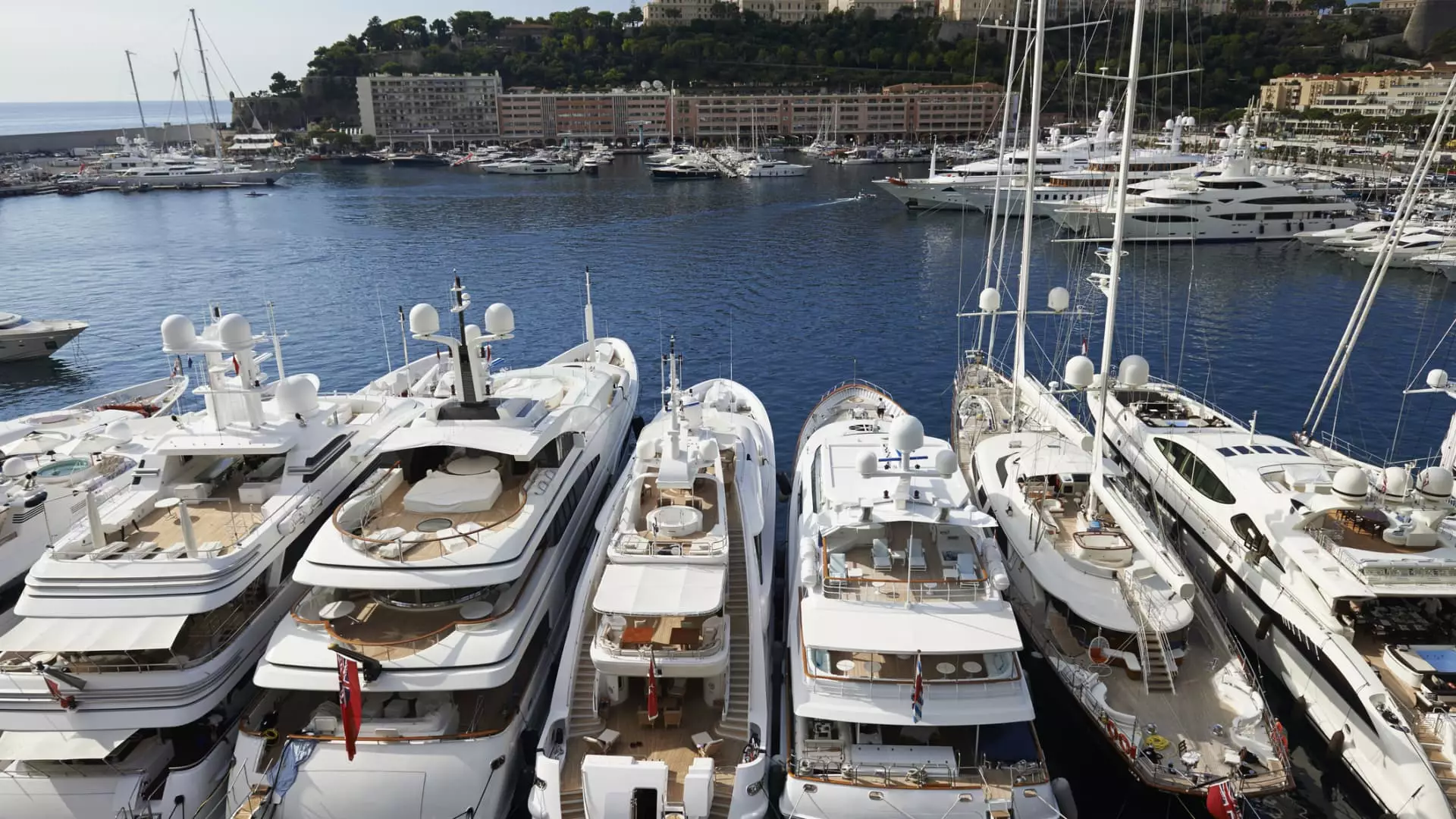In recent years, the world has witnessed the perilous impact of protectionist policies disguised as economic strategies. The proposed 15% tariffs on European-made luxury vessels, seemingly targeted at a niche market of the ultra-wealthy, reveal an insidious threat to broader economic stability and international cooperation. While these tariffs might appear to be minor hiccups for affluent buyers, their ripple effects threaten to destabilize industries, strain transatlantic relations, and reinforce a retreat into economic nationalism that endangers global progress. The short-term political aim of shielding domestic manufacturers masks a much darker long-term consequence: a fracturing of long-standing economic alliances and a setback for shared prosperity.
The Real Cost of Tariffs: Beyond the Price Tag
At face value, raising taxes on European recreational yachts might seem a luxury concern—something only the ultra-rich might absorb. However, beneath the surface lies a complex web of economic interconnectedness. European shipyards depend heavily on U.S. buyers, with many of their highest-value customers residing stateside. Imposing tariffs not only jeopardizes European industry but also threatens U.S. consumers and the broader market. Wealthy clients, often quick to adapt to new taxes, will inevitably find loopholes—such as registering vessels abroad or postponing purchases—an act that undermines the intended economic protectionism. More critically, this strategy fractures the trust between nations, perpetuating a cycle where mutual dependence becomes a casualty of unilateral policy decisions.
Manufacturing and Market Dynamics: Who Really Loses?
Contrary to the narrative that tariffs protect American jobs, the reality is more nuanced. American yacht manufacturers might experience a temporary boost if European imports become more expensive, but this is a Pyrrhic victory. The global market is intricately linked; when the European industry suffers, American innovators and suppliers lose a vital part of their market. Additionally, the surge in legal and logistical costs associated with evading tariffs—like foreign registration or special cruising permits—impose hidden burdens not just on the wealthy but on businesses and workers dependent on a stable and predictable international trade environment. The overall economic health diminishes when international cooperation fractures, creating a climate of uncertainty that depresses growth and innovation.
The Broader Impact: A Retreat Into Isolationism
Embarking on a punitive tariff strategy fosters a dangerous precedent: economic protectionism that isolates countries rather than unites them. Historically, trade barriers have led to stagnation and conflict—lessons painfully learned from the 20th century. The current U.S.-Europe tension over yachts is emblematic of a deeper, ideological shift away from multilateralism. Countries entrench themselves behind borders, erect obstacles instead of bridges. This inward-looking approach hampers not only luxury industries but also the broader economy, harming manufacturing, technology exchange, and diplomatic relations. Europe’s economy, already strained by internal geopolitical issues, faces additional headwinds. Such policies are short-sighted, likely to ignite retaliations that could spiral into a damaging trade war, with the ultimate losers being ordinary workers and consumers on both sides.
Charting a Middle Path: A Call for Balanced Solutions
Instead of falling into the trap of misguided tariffs, policymakers should foster dialogue and cooperation. Recognizing the mutual benefits of free trade—especially among allies—can create solutions that preserve domestic industries without risking economic harm. Encouraging innovation, investing in sustainable manufacturing, and promoting fair trade standards are more productive pathways than protectionist measures. These strategies support a thriving, inclusive economy where the pursuit of prosperity is not hinged on hostility and division. The challenge lies not in erecting barriers but in forging resilient, adaptive economies rooted in shared values of cooperation, fairness, and long-term growth.
By critically examining the true implications of tariffs, it becomes evident that their costs far outweigh the superficial gains touted by political narratives. Protecting certain industries at the expense of international stability only deepens inequalities and undermines the very foundations of global economic progress. Moving forward, a pragmatic, centered approach—embracing cooperation over conflict—must guide policy decisions if we are to avoid an irreversible slide into economic isolation and decline.

